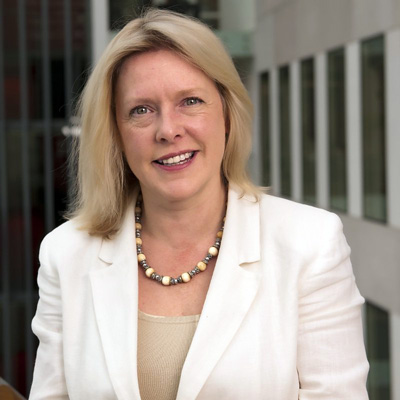Members of the Dhahran Geological Society got an update on the South Rub’ al-Khali Co. (SRAK), a joint venture of Saudi Aramco and Royal Dutch Shell from Ceri Powell, now vice president of Strategy for Shell International.
Powell, an SRAK board member and at the time of the talk Shell International’s vice president of Exploration in the Middle East and Caspian Sea, enumerated the challenges the company faces in those regions and shared the breakthrough thinking and technologies the company employs. She said Shell Exploration and Production aligns its exploration technology with the methods used worldwide by all explorers. She spoke of technology at the basin scale, which allows fast scanning to identify the presence and quality of petroleum systems.
At the prospect or regional scale, the goal is to identify and define targets through imaging deeper with new seismic exploration, using new hydrocarbon indicators to locate sweet spots in tight formations.
Rapid appraisal and early development use new exploration technologies, such as sea-bed logging and wide-azimuth seismic with proprietary processing methods, to cut the time to development.
Powell said SRAK is a testament to the adaptation of technologies in the frontier exploration arena. SRAK’s commitment to the first exploration phase included seven exploration wells and 16,000 kilometers of seismic data.
To date, 18,500 km of 2-D seismic data has been acquired, and three wells have been drilled. The presence of a hydrocarbon system has been confirmed. The Kidan-6 well is now being drilled. She noted that SRAK also demonstrates many critical success factors for exploration ventures: building local capabilities, effective partnerships and perseverance. Building capabilities encompasses attracting and harnessing talents; real development opportunities for human resources; and operating with economic, social and environmental considerations.
Effective partnerships, she said, should be attained through shared investment and risk, diverse perspectives, overlapping interests and seconding technical experts.
Most importantly, perseverance is always needed - taking time to understand the basin, the hydrocarbon system and creating a realistic outlook on the amount of wells needed to fully test exploration sites.
Powell emphasized that Shell International is always seeking opportunities to partner with Saudi Aramco in upstream and downstream sectors.
Powell said Shell’s long-term outlook shows global energy demand increasing for some time, but she said her company is upbeat about meeting that demand. Shell’s estimates of conventional, yet-to-be-found hydrocarbons and unconventional resources, such as oil shale and extra heavy crude, show more than 8 trillion barrels remain still to be discovered.










